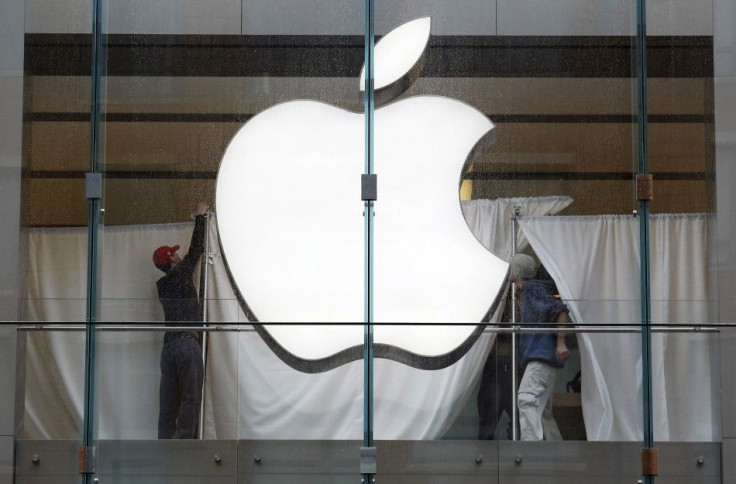Apple TV the Final Frontier for Steve Jobs?

By now, we've heard about every detail of Steve Jobs' life. The release of his biography can only promise to build onto the skeletal structure of his well-documented career that has been covered by nearly every company in television, radio, web and magazines: Boy is adopted by working class family, boy befriends rebellious computer engineer, boy goes on spiritual journey, takes acid, travels to India and returns to America with a special perspective of the world. Boy uses that unique perspective to build a multi-billion dollar company. Boy is Steve Jobs, one of the greatest entrepreneurs of American history.
As his story ends, as it must, always in the same way, with Jobs battling pancreatic cancer while incessantly committing himself to the company that he built, there's one point that's raised by nearly every profiler, but never fully explained: Steve Jobs had the desire to take on the television industry.
The U.S. television industry is a behemoth in the media world. No other form of mass media can compare to the revenue television has generated and the importance that television has played in American media. It's a cultural icon. The Federal Communiations Commission (FCC) estimates that a whopping 99% of homes in the United States have at least one television set. It also estimates that U.S. children spend 28 hours a week watching TV.
But the TV industry, built around old models of revenue dating back to the 1950s, is like a hobbling antelop among a pack of lions. Monstrous, agile tech companies are gobbling up competitors in media at an unfathomable rate and several tech companies, including Apple, are now beginning to eye the weathered, less agile companies in the TV industry. Additionally, resources are becoming more sparse for TV companies. Businesses are finding more direct ways to reach consumers, and consumers are spending less time watching TV. From 2008 to 2009, TV advertising revenue dropped from $52 billion to $41 billion; meanwhile, more people were dedicating more time to mobile devices.
Apple, having created two of the best-selling mobile devices on the planet, the iPhone and iPad, is in a prime spot to be the source of disruption in the TV industry. Companies like News Corporation, The Walt Disney Corporation and Viacom are colossal in size, and they dominate the industry through the creation of programming and ultimately deciding what will reach the large majority of TV viewers. Still, Apple can compete.
Not only is Apple's market value worth $373 billion compared to New Corps' $44.68B, Disney's $64.5B, Viacom's $24.68B, but it also has deals with several of these companies through the Apple marketplaces such as iBooks and iTunes. The most difficult part for Apple will convincing the TV industry incumbents to give up huge chunks of their advertising revenue, something TV companies are avoiding because of the gigantic profit margin they earn from each advertisement run on the airwaves they control.
That hasn't stopped industry experts, such as IBM Institute for Business Value, from declaring that TV is dead. In a research report from the institute, titled The End of TV as We Know It, the changing demands among consumers are outlined. The report says, Players within the TV industry sit on the precipice of an impending upheaval that promises to be no less dramatic than that experienced by the music industry.
Jobs—being one of the most brilliant minds in computer technology and media—recognized this and had desires to build . In his 60 Minutes interview, Walter Isaacson, author of Jobs' soon-to-be-released biography, said I think [Jobs] would have loved to conquer television...He would have loved to make an easy-to-use television set. But as Fast Company pointed out, iPhone rumors began about ten years before the phone was actually released, so, even if Apple is currently working on what many call iTV, we likely wouldn't see it for several years to come.
© Copyright IBTimes 2024. All rights reserved.











